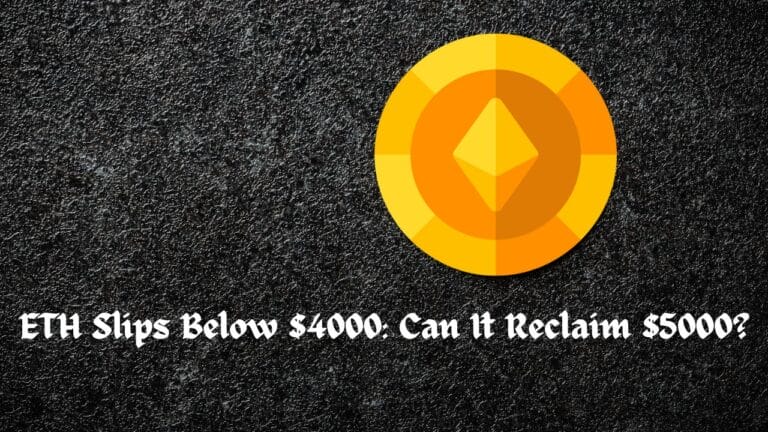Key Takeaways:
- SEC suggests that since most of ETH’s validating nodes currently operate in the United States more than in any other country, all Ethereum transactions globally should be considered of American origin.
- SEC made claims in the lawsuit against crypto promoter Ian Balina for failing to register crypto as security before ICO.
On September 19, the Securities Exchange Commission (SEC) filed a lawsuit against crypto researcher and YouTuber Ian Balina, alleging that he failed to register a cryptocurrency as security before launching a 2018 initial coin offering (ICO).
Balina had, however, dismissed the allegations as “baseless,” adding that he had “turned down the settlement, so SEC has to prove themselves.”
In the lawsuit, SEC has now claimed that at the time U.S.-based investors participated in Ian’s investing pool, the ETH contributions were validated by a network of nodes on the Ethereum blockchain, “which are clustered more densely in the United States than in any other country.”
The SEC states that owing to this, “those transactions took place in the United States.” With this claim, SEC is suggesting because more of Ethereum’s validating nodes currently operate in the United States than in any other country, all Ethereum transactions globally should be considered of American origin.
Balina is yet to respond to the SEC’s claim that the U.S. should be afforded jurisdiction for Ethereum-based transactions because of the heavy distribution of nodes situated in the U.S.
As per Etherscan data, at present, 45.85% of all Ethereum nodes operate from the United States, according to Etherscan.
The second-greatest density of nodes is in Germany, with only 19%. Experts, however, believe the distribution of Ethereum nodes is largely irrelevant to the case at hand.
Dr. Aaron Lane, an Australian lawyer states: “The fact that we’ve got a U.S.-based plaintiff, a U.S.-based defendant and transactions flowing from the U.S. is what is most relevant here. It doesn’t matter whether the payment was done on Ethereum, Mastercard or any payment network for that matter.”
Recently, following Ethereum’s network’s transition to Proof-of-Stake, Gary Gensler, the chairman of the SEC, said that Ether-based staking would also be subject to U.S. securities regulations.
Following testimony before the Senate Banking Committee, Gensler gave his view on how “staking” could indicate that an asset qualifies as a security under the Howey Test. He added that allowing holders to stake coins results in “the investing public anticipating profits based on the efforts of others”.










